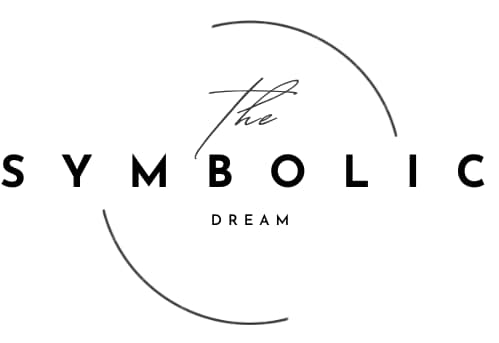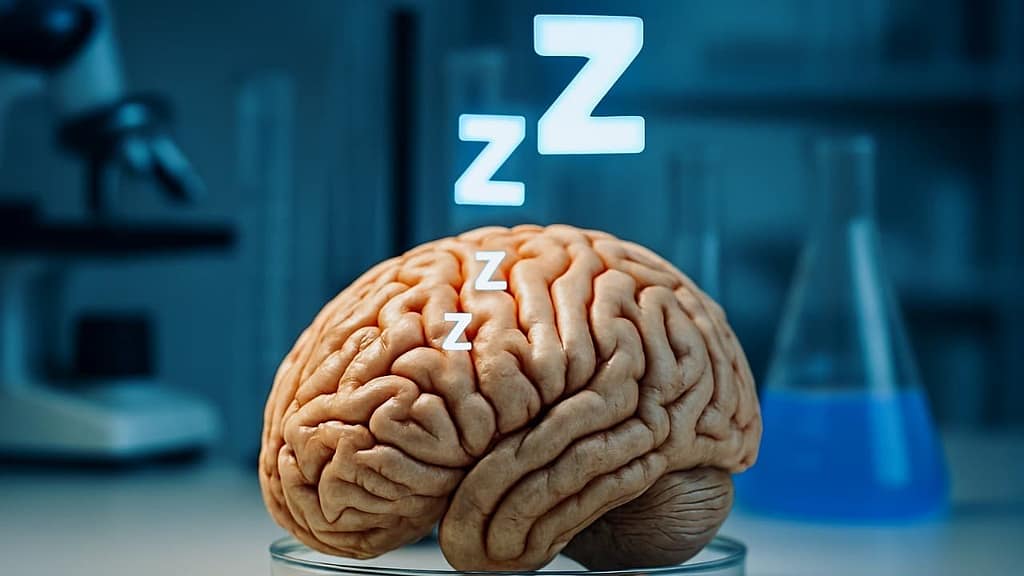You know that feeling when you drag through the day after a shit night’s sleep — foggy, cranky, like someone swapped your brain with cottage cheese? It’s not just metaphor or mood swing.
A new large-scale imaging study out of the UK (and related work from UCSF and others) suggests that chronically bad sleep might actually make your brain look older than it ought to.
The study looked at sleep patterns alongside detailed brain MRI scans from over 27,000 adults in the UK, all between 40 and 70 years old.
What stood out? Folks who reported poor sleep tended to have brains that looked noticeably older than their real age, like their brains had hit fast-forward while the calendar stayed put.
Here’s what they found, what it might (and might not) mean, and how you might push back a little damage control.
🧬 What the Study Says (With a Dose of Reality)
- Researchers analyzed data from the UK Biobank, including tens of thousands of middle-aged and older participants who had MRI scans of their brains. (Karolinska Institutet News)
- They used machine learning models to estimate each participant’s “brain age”… based on structural markers like grey matter volume, cortical thickness, etc. (Karolinska Institutet News)
- Sleep was scored (self‑report) using factors like how long people sleep, whether they snore, insomnia symptoms, daytime sleepiness, and whether they wake early. (Karolinska Institutet News)
- The results: for every 1‑point drop in the “healthy sleep score,” the gap between brain age and chronological age widened by about six months. Those grouped in the “poor sleep” category had brains that looked, on average, one year older than their actual age. (Karolinska Institutet News)
- The researchers also explored mechanisms. One candidate: low-grade systemic inflammation…which appeared to mediate maybe ~10% of the link between poor sleep and older brain age. (Karolinska Institutet News)
- Importantly: the study is observational. It shows correlation, not proof that bad sleep causes accelerated brain aging. (Karolinska Institutet News)
So yes, the headline “poor sleep ages your brain” has some serious backing…but with caveats.

Why Does This Even Happen?
Let’s not pretend it’s magic. Your brain is always in maintenance mode, clearing out metabolic waste, repairing synapses, pruning unused connections. Lots of that cleanup and repair happens during deep sleep phases. If you don’t let your brain do its job, things pile up.
Here are a few plausible culprits, per the researchers and sleep/lifestyle science:
- Inflammation: bad sleep can trigger low-level chronic inflammation, which can damage neurons, degrade white matter, etc.
- Disrupted glymphatic clearance: there’s evidence that brain “waste disposal” mechanisms (which clear toxic metabolites) are more active during sleep — if sleep is poor, these systems may fail to keep up.
- Cardiovascular damage: poor sleep often correlates with high blood pressure, poor glucose metabolism, vascular issues — all of which can indirectly hurt brain health.
- Neural “use it or lose it” effects: consistent sleep disruption might mean the brain can’t properly consolidate memory, reinforce neural circuits, or maintain synaptic plasticity.
Again, these are plausible, not proven.
The human brain is messy, not neat.
Who Is at Risk And When?
This is where things get interesting (and a bit scary). The biggest effects were seen in middle-aged adults. In related studies, people around their 40s with persistent sleep troubles showed brain aging of 1.6 to 2.6 extra years compared to better sleepers. (Healthline)
Also, it seems not all “bad sleep” is equal. In the UCSF study, difficulty falling asleep and waking too early were more predictive of brain shrinkage than just total hours slept. (UCSF Psychiatry)
So if your best sleep habit is “I’ll just nap through it,” maybe pause.
What It Doesn’t Mean (Let’s Avoid Overreaction)
- It doesn’t definitively prove that you’re doomed to dementia just because you pulled an all-nighter.
- It doesn’t guarantee that improving sleep will fully reverse brain aging already accrued.
- The “brain age” estimate is a statistical model, there’s always error, individual variation, genetic modifiers, etc.
- Self-reported sleep measures are imperfect; people misremember how well or poorly they slept.
- The sample (UK Biobank) skews healthier than the general population, which might understate effects in more stressed or unhealthy groups. (Karolinska Institutet News)
So don’t treat it like a death sentence.
What You Can Try (Because Yes, You Can Do Something)
If you care about your brain (which you should), here are some moves that might push back the wear and tear:
- Prioritize sleep consistency: same bedtime and wake time, even weekends, as much as possible
- Avoid caffeine, nicotine, heavy meals, and blue light (screens) in the few hours before bed
- Create a sleep-conducive environment: cool, dark, quiet
- Use relaxation practices: mindfulness, deep breathing, light stretching
- Be suspicious of unresolved stress, anxiety, mental health — those mess with both sleep and brain health
- Monitor and manage your vascular health: blood pressure, blood sugar, lipid profile — because your brain is wrapped in a vascular system
- If sleep problems persist, get evaluated — don’t just chalk it up to “normal aging”
This study gives us an important reminder: sleep isn’t a passive state where “nothing happens.” It’s one of the keystones of brain health. And in a world obsessed with performance, grind, hustle, we often treat rest as optional…which is exactly backwards.
Your brain’s not immune. Poor sleep may speed up how old it looks and performs. Whether that turns into clinical issues depends heavily on what you do next (and who you are: genetics, health status, etc.).
So tonight, maybe close the laptop earlier. Ditch the “just one more scroll.” Give your brain some mercy.

